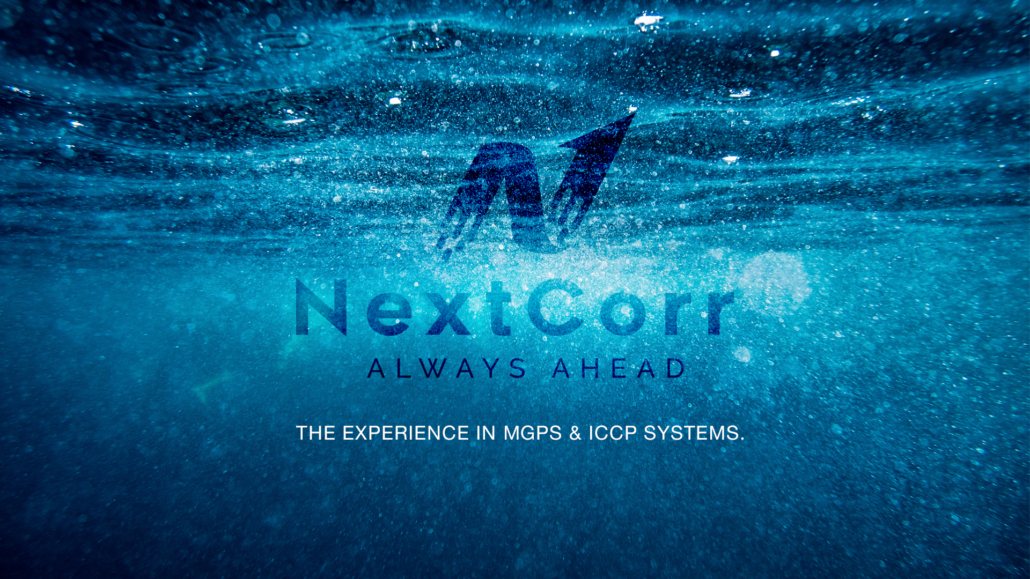WHAT ARE AND TYPES OF ANODES IN MGPS FOR SHIPS?
The use of anodes, also known as sacrificial anodes, is a crucial part of preventing marine growth on ships.
Anodes are used in cathodic protection systems, which work to protect the metal surfaces of ships from corrosion caused by contact with salt water. When an anode is placed in contact with the metal it is protecting, it corrodes preferentially, effectively «sacrificing» itself in order to protect the metal surface.
Anodes are an essential part of marine growth prevention systems because they help prevent the growth of marine organisms on the ship’s hull. Marine organisms attach themselves to the ship’s hull by taking advantage of the corrosion that occurs when the metal surface is in contact with salt water. The sacrificial anode corrodes instead of the ship’s metal hull, creating a small electrical field that prevents the attachment of marine organisms.
In addition to preventing marine growth, anodes also help extend the life of the ship by protecting it from corrosion. This is important because marine growth can cause a significant increase in drag, which can lead to reduced ship efficiency and increased fuel consumption.
Anodes can come in different types and materials, such as aluminum, zinc, magnesium or mixed metal oxide anodes, each one with different features, useful life and performance. It’s important to work with an expert of MGPS to determine the best anode type for the specific environment, vessel and level of protection required.
In summary, the use of anodes in marine growth prevention systems is essential for protecting ships from corrosion and marine growth, and ensuring the longevity of the ship.
There are several types of anodes commonly used in MGPS for boats, these include:
Aluminum anodes: These anodes are relatively lightweight and are commonly used in freshwater environments.
Zinc anodes: Zinc anodes are often used in saltwater environments, as they have a higher potential for cathodic protection than aluminum anodes.
Magnesium anodes: Magnesium anodes are used in saltwater environments, as they have a higher potential for cathodic protection than zinc anodes, however are more reactive and have a shorter lifespan.
Mixed metal oxide (MMO) anodes: These anodes are typically made from a combination of metals, such as iridium and platinum, and offer a longer lifespan and better performance than traditional aluminum, zinc or magnesium anodes.
Hybrid Anodes: some of them are made of mixed metal oxide coated on a substrate of aluminum or zinc, which combine the best features of both MMO and traditional anodes.
The choice of anode type depends on the specific environment, such as the type of water, the pH level, and the salinity. Additionally, factors such as the size and type of boat, as well as the level of protection required, should be taken into consideration when selecting an anode. It’s important to work with an expert of MGPS to determine the best anode type for your boat.
NextCorr: your partner for Marine Growth Prevention.
Are you tired of dealing with the costly and time-consuming problem of marine growth on your boats? Look no further than NextCorr Ltd.
We offer the best solution for marine growth prevention, and our state-of-the-art MGPS (Marine Growth Prevention Systems) effectively prevent marine growth and corrosion using specially designed sacrificial anodes. Our anodes are carefully selected and customized to the specific environment of your boat and are the key component of our anti-fouling and cathodic protection systems. Our ICAF (Intelligent Cathodic Anti-Fouling) systems are designed to self-monitor and adjust their performance, providing optimal protection at all times.
Trust NextCorr to provide you with the most advanced and reliable solution to stop marine growth on your boats and protect your assets while saving you money in the long run. Contact us today to learn more and take action now!


